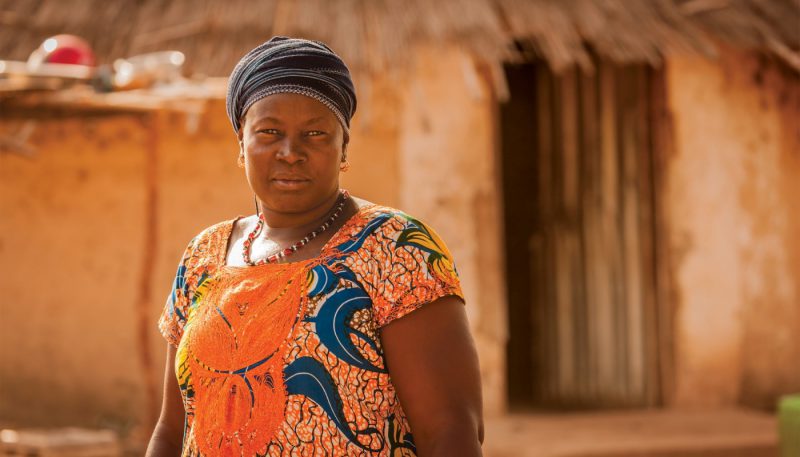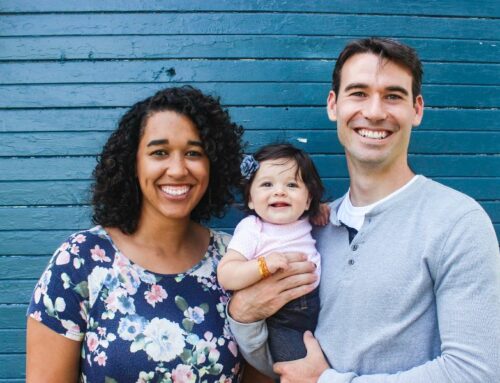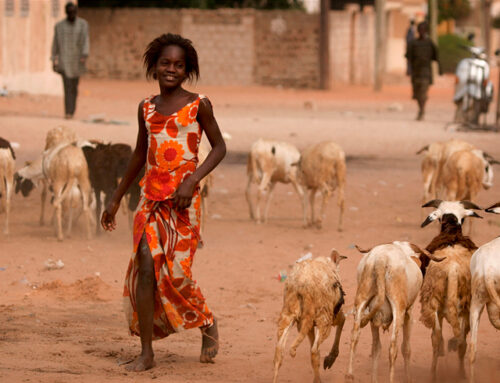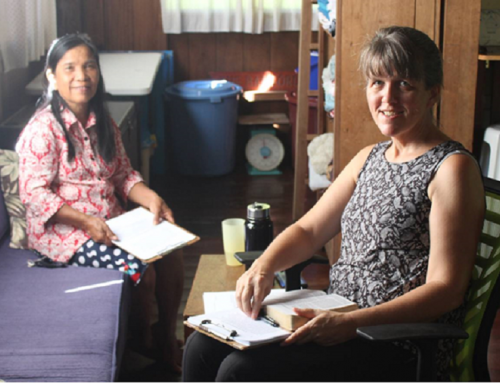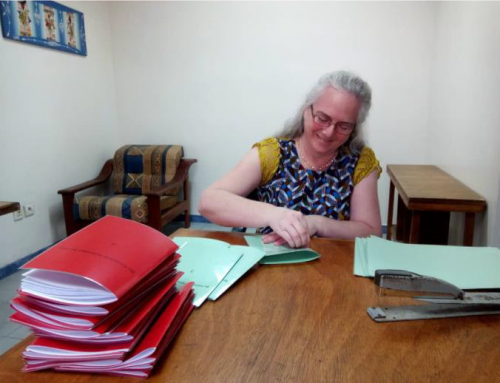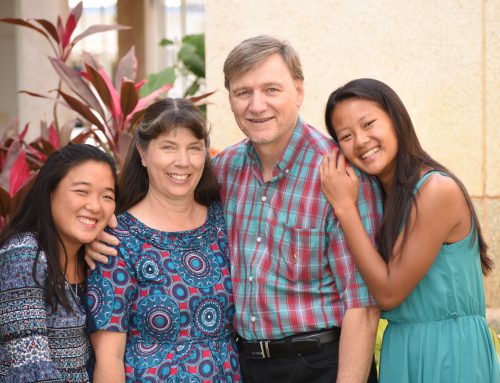Two years ago, when I made my first visit to Africa, celebrating Easter with African believers thrilled me. Getting to know missionaries who have worked for years just to begin ministry in a village inspired me. Driving the length and breadth of one country to visit another — dealing with road construction, flat tires, overloaded buses and trucks — at times terrified me.
Yet the thing I remember most vividly — the memory that leaps to mind when I think of my time in Africa — came during a stopover in a Budik village.
The Budik people heard the gospel years ago. Many believed. But the church showed little evidence of spiritual life. There were few signs of personal growth, precious little numerical growth and scant impact on the community. Until shortly before our visit.
Something happened that changed everything.
The Budik believers received the New Testament in their own language.
“I’m really happy for the arrival of the Word of God,” said Eme, who helped Kathy Satorius translate. “In times past we couldn’t always tell, but now we can tell what is truth — what is God’s Word and what are traditions. It helps us sort out and discern God’s perspective of our traditions.”
The Budiks had bits and pieces of the Bible before this. They had a printed version of Mark and other books as well as selections from the Old Testament. But suddenly they had it all in one place. And that made a big difference.
“It used to be when there was teaching on something, we’d have to go find it in this book over here,” Eme said, “or if they were referring to something else, we’d have to find it in another book over there. But now it’s all together, and it’s all available, and not just me but all of the believers appreciate having everything in one book.”
Pityan, who helped Kathy’s husband, Ken, with Bible translation, agreed.
“It’s clear that God is working in our midst. Because the Word of God that was brought to us by Ken and Kathy and by me and Eme who translated, now the Word is available to everyone. … Now when we have meetings, everyone brings their Bibles, and they’re using the meetings to learn and grow more than they were able to before.”
And the blessings continue.
“Even those that aren’t believers that are learning to read and write their own language, they’re being drawn to the Word of God. They’re becoming interested,” Eme said.
Bible translation is a vital part of establishing a thriving church.
May the testimony of the Budik believers demonstrate to us the tremendous blessing it is to hold God’s Word in our own language in our hands. And perhaps that will remind us not just to hold it, but open it, read it, live it and share it.

